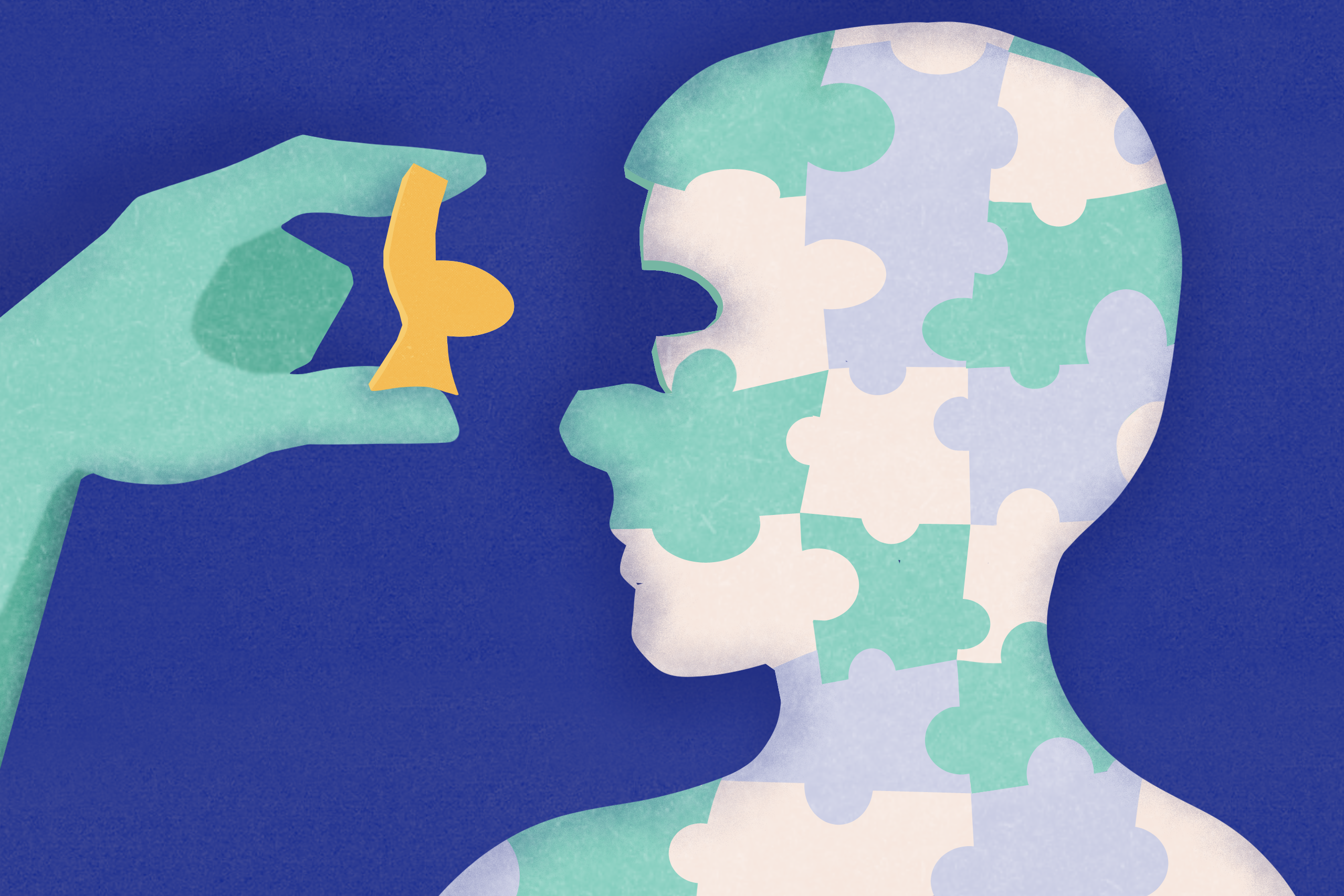What separates good managers from great ones?
At Praxis Labs, we are dedicated to exploring the dynamics of equitable, successful workplaces, with a focus on identifying the skills and behaviors that underlie them. In our extensive research, we’ve discovered that empathy, along with other broader human skills, is the linchpin that holds the most effective teams together. These human skills, though challenging to define and measure, play a key role in supporting leaders to mitigate conflicts, motivate their teams, and guide diverse groups toward achieving their individual and collective potential. Similar to gaining proficiency in technical skills like coding or construction, leadership skills, especially empathy and inclusivity, can be learned, developed, and refined over time. But to unlock their full potential, leaders need to view their roles through the right lens.
Human skills and DEI skills: two sides of the same coin
In a webinar held on August 30, 2023, Dr. Anne Snyder, Lead Learning Scientist at Praxis Labs, led a discussion on the nexus of human skill development and DEI, focusing on how managers can leverage these different “flavors” of skills to lead a diverse team to success. Asked to delineate between human skills and DEI, she cautioned viewers against viewing them as separate skills categories, requiring separate training: “If you think about that, it’s a biased approach by default, because it assumes that human skills are the “right” or “general” way to do things, while DEI is for “other people.” Other approaches treat DEI as a subset of human skills, almost as though they are a checkbox or necessary afterthought. But they’re actually one and the same, just with different flavors.”
She goes on to explore the 5 categories of human skills (managing one’s self, communicating, motivating, supporting, managing conflict), highlighting capabilities that are especially relevant for managers in a DEI context.
Avoid a one-size-fits-all approach with perspective-taking
One common pitfall in leadership is adopting a one-size-fits-all approach, which often caters to the norms and needs of individuals who hold privileged identities. Research has shown that diverse teams outperform non-diverse teams by 35% when led by an inclusive leader. Practicing perspective-taking is one effective way for a manager to adapt their leadership style to team members’ unique backgrounds and experiences. “Just take two minutes to consider how an individual possessing their identity might view the situation, and use that to inform the way you manage,” Snyder advised viewers.
Regularly solicit feedback
To foster inclusivity, regularly soliciting feedback is crucial. Effective managers are known to ask more questions. Open-ended questions, in particular, encourage open dialogue, unearth innovative ideas, and get to the root of problems. For instance, instead of relying on binary “yes/no” surveys, leaders should consider making space for teams to participate in informal information-gathering sessions where they can answer questions like, “What are some things that would help you engage better in meetings?” This approach invites diverse perspectives and empowers individuals to express their needs and concerns.
Use empathy to center others
Empathy isn’t just about understanding; it’s about knowing how and when to take action to support others in the workplace. Leaders can accomplish this by prioritizing the needs of their team members, in addition to business objectives and project deliverables, during team meetings. “The most effective managers don’t put themselves or the company first. Putting the needs of your coworkers first can help engage and motivate as well as uncover innovation and highlight potential problems,” Snyder said.
Individual contributors can support these goals too
Creating an inclusive workplace shouldn’t be the sole responsibility of managers. Individual contributors also play a crucial role in supporting diversity, equity, and inclusion initiatives. By practicing empathy, actively participating in team discussions, and advocating for inclusivity, employees can contribute to building a more equitable and empathetic workplace.
Human skills and DEI: Recognize their synergies for success
“When we keep our own minds open to the experiences of others, we can more easily observe how we can adapt our existing human skills in ways that make sense for the specific identities, needs, and contexts of a team and its members,” Snyder said.
By harnessing the power of storytelling and empathy, leaders can facilitate the development of new skills, knowledge, and experiences that promote a more inclusive and empathetic workplace culture. Recognizing the synergies between human skills and DEI is only the first step toward a brighter and more equitable future.
